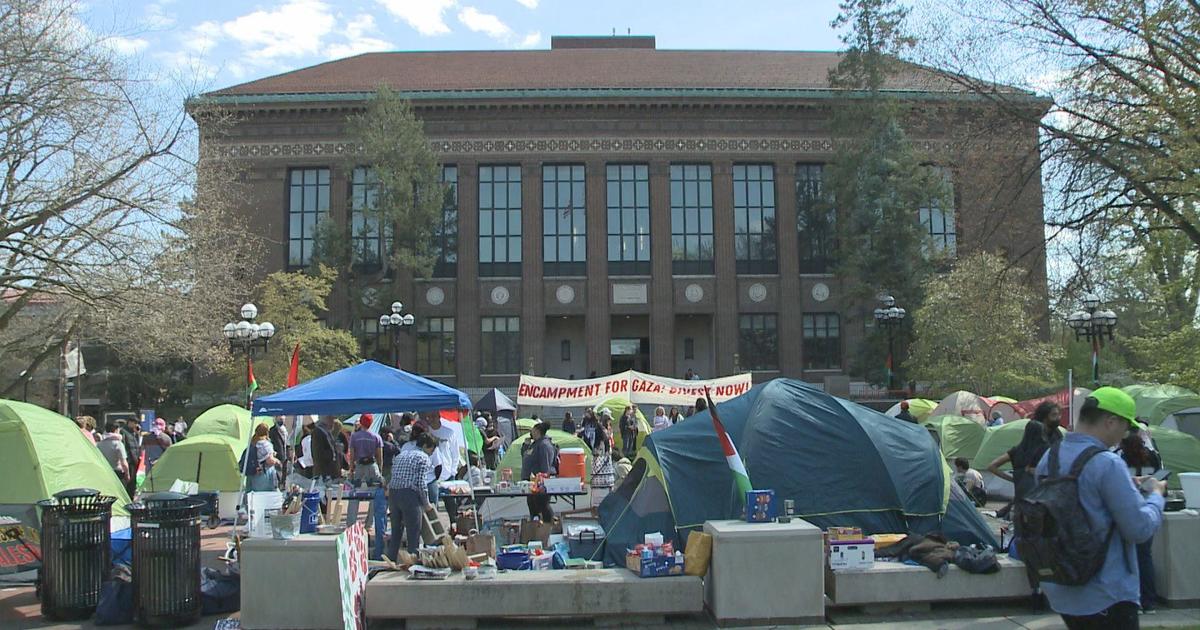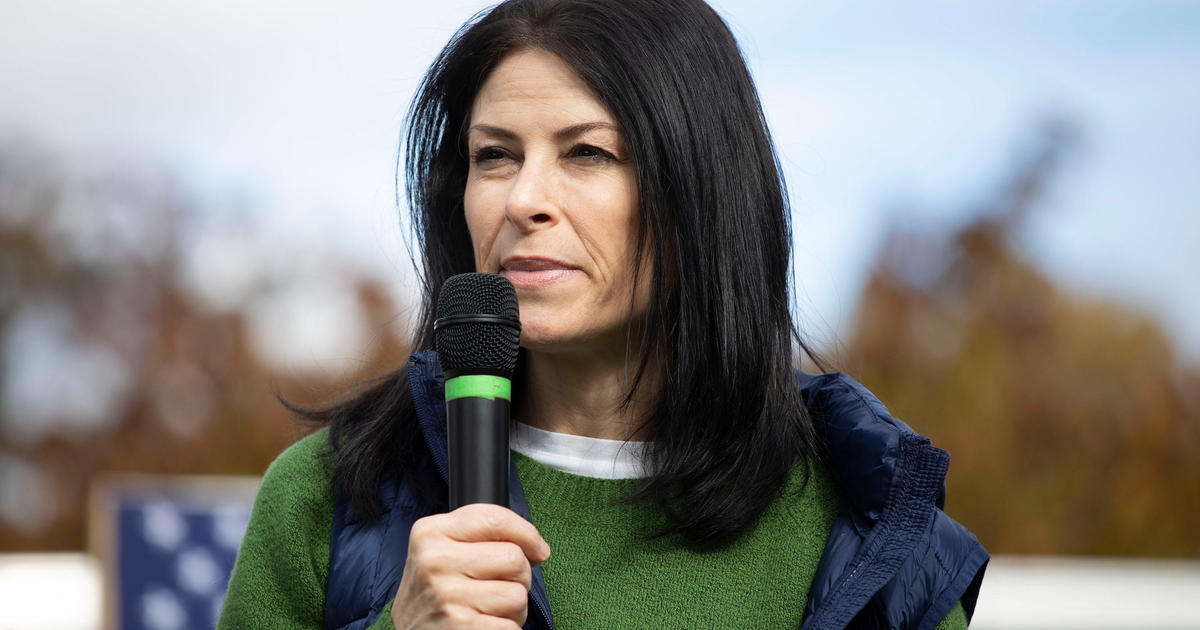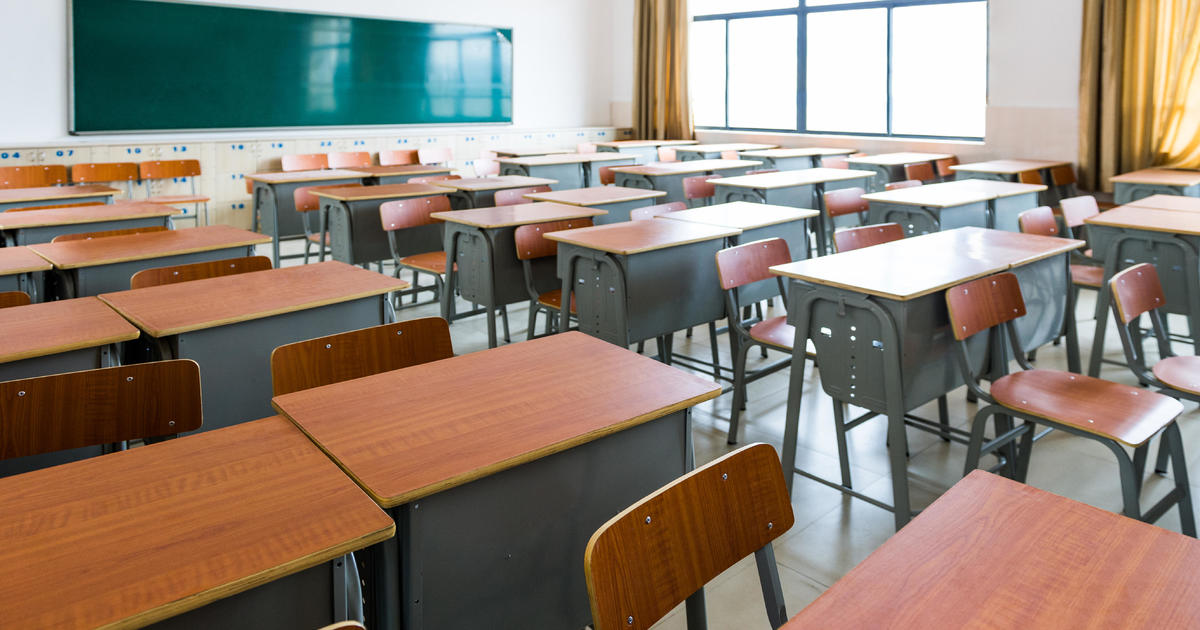UM Students Help Build Sustainable Community In Rural Africa
A merry-go-round that generates electricity to light a rural African schoolhouse is among the sustainability projects tackled this summer by a team of University of Michigan graduate students working with villagers in Liberia.
With colleagues from Clemson University and the University of Liberia, the UM student group also designed and installed a toilet system that creates biogas to fuel the school's kitchen stove and a solar-powered produce dehydrator that allows the villagers to keep dried mangoes, tomatoes and eggplant for up to a year without refrigeration.
"The developing countries are a key to global sustainability," said Jose Alfaro, a doctoral student at the School of Natural Resources and Environment and co-founder of the UM student group, Sustainability Without Borders. "Eighty percent of the world's population lives in developing countries, but most sustainability projects are being done in the developed world. If we focus solely on that top 20 percent, we'll never achieve a truly sustainable planet. The developing world really deserves our attention."
Ten UM graduate students from the School of Natural Resources and Environment and the College of Engineering participated in the project. Five of them made a 10-day May trip to Konia, a village about eight hours drive from the Liberian capital of Monrovia. Two members of the group returned in August to put the finishing touches on the projects.
Funding for the four-year project was provided by the UM's African Studies Center, Clemson University and the Brookwood Church in Simpsonville, S.C. Sustainability Without Borders collaborates with the Christian Revival Church Association, a non-governmental organization, on the Konia project.
Konia leaders told the group that they could use a playground for the local school, as well as a new latrine at the school. So the student group spent part of the past school year designing several sustainable projects for Konia's residents.
They built a playground that includes a merry-go-round connected to a generator that produces electricity as the merry-go-round turns and stores it in a battery. The power is used to light classrooms at night, when adult literacy courses are taught to the locals.
The new toilet -- which replaces an outhouse -- uses a rainwater-harvesting system to provide water for flushing. The tank that holds the waste was converted into an anaerobic digester, which uses bacteria to generate biogas (mostly methane). The gas is piped into the kitchen and fuels a stove. Until the new stove was installed, cooking at the school was done over wood and charcoal fires.
This is the second year of a four-year program with Konia. Sustainability Without Borders is also helping Konia residents improve the productivity of tilapia ponds that provide fish to feed local residents.
"Their level of dedication is amazing to me," said Shelie Miller, an assistant professor at the UM School of Natural Resources and Environment who advises the student group. "They are trying to find solutions that are both practical and creative, and I have no doubt that their efforts are making a difference in the community of Konia."



